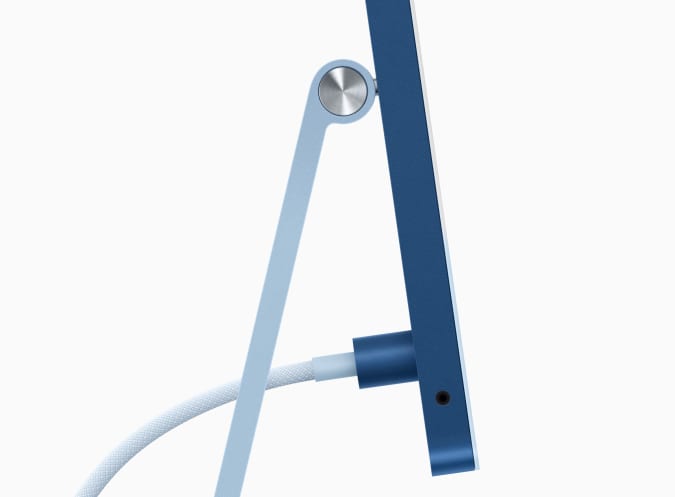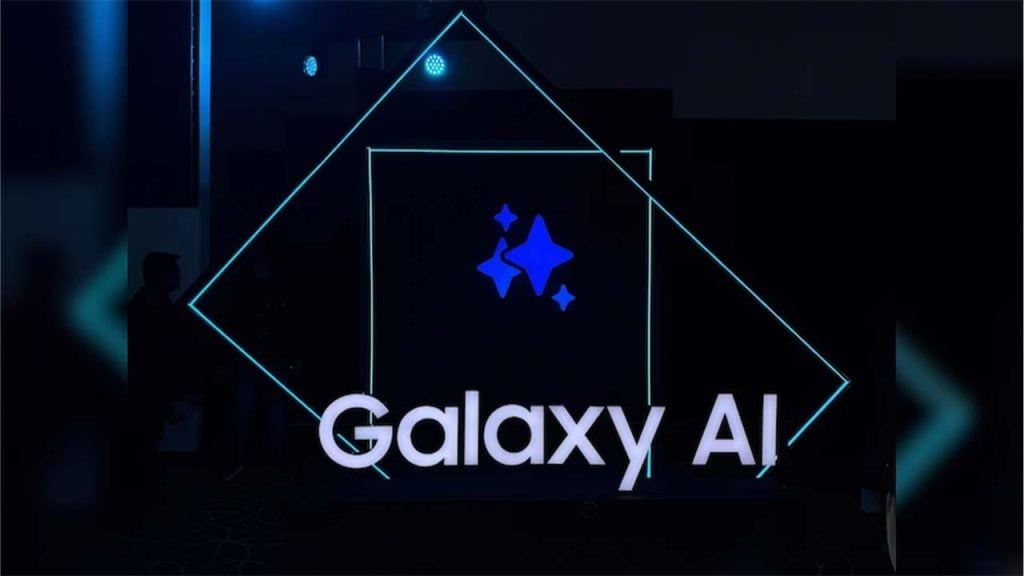I was on vacation when Apple held its event last week, but that hasn’t stopped me from thinking about the new iMac’s port selection. That says more about my particular neurosis than anything, but hear me out. A new iMac has been long-rumored, and swapping out Intel’s silicon with Apple’s own M1 chip was a good opportunity to give the all-in-one a total redesign.
And it’s entirely likely that this new design is a harbinger of things to come for the entire Mac lineup, as rumors have swirled for months about a major update coming to the MacBook Pro. Multiple reports say the laptop will lose the much-maligned Touch Bar and get a new magnetic charger, among other things. Based on the new iMac, that MagSafe-style charger seems likely, and the iMac’s combo of curves and sharp edges that mimic the iPad and iPhone might hint at what new MacBooks look like. And with both the iPad Air and iMac featuring a wide variety of colors, we might finally get some new finish options for Apple’s laptop lineup.

Apple
Unfortunately, if the redesigned iMac is an indication of where Apple is going, it makes me think the rumors of future MacBooks getting some of their ports back are incorrect. The base iMac has a measly two USB 4 / Thunderbolt ports. Two! The more expensive iMac configurations throw in a couple of USB-C ports, for a total of four. The old 21.5-inch iMac had four USB-A ports in addition to two USB-C / Thunderbolt connections, as well as an SD card reader and Ethernet jack.
Apple’s stinginess on its laptops is bad enough, but it makes zero sense on the iMac. Yes, it’s extremely thin and space inside surely is at a premium, but is it really so tight they couldn’t include a couple old USB ports so that desktop users don’t have to visit dongleworld? It’s especially odd considering that Apple included USB-A ports on the M1-based Mac mini, showing that there’s no technical reason to exclude them from the M1 iMac.
I understand that Apple is keen to eliminate connections that it deems obsolete; it’s been doing this for years. It’s another step toward Apple making the Mac more like the iPad and less like the computers people in their 30s and 40s grew up using. And admittedly, it’s finally getting to the point where I have very few USB-A devices anymore, so this wouldn’t affect me all that much. The iMac has long been Apple’s desktop geared toward the average user, and it’s clear the company thinks most people don’t care about USB-A at this point.

Apple
While I’m bummed that the new iMac is losing connectivity options, I also think it’s a bad sign for Apple’s next-generation laptops. In January, analyst and reliable Apple prognosticator Ming-Chi Kuo said that the next MacBook Pro would likely have more I/O options than the current models, though he didn’t say exactly what that would include. Many people hoped that would include a USB-A port, an SD card reader or an HDMI connector — all of which were included in the MacBook Pro until its 2016 redesign.
But if the iMac is any indication on where Apple’s hardware is headed over the next few years, last week’s update throws cold water on a MacBook with any of those old I/O options. Of course, the word “Pro” is in the MacBook Pro, and it’s possible that decisions Apple made for the consumer-focused iMac won’t apply to its more powerful computers. But Apple also isn’t exactly known for reversing course on its decisions. The company did eventually listen to customer complaints and unrelenting press coverage of the “butterfly keyboard” in its MacBook lineup; it replaced that thin, error-prone keyboard with a vastly improved, more traditionally designed option. But at this point, the grumbling about losing USB-A, HDMI, and other “legacy” ports has subsided — and while there’s certainly a lot of Mac users who would appreciate them making a return, I’m fairly convinced that isn’t going to happen. For the sake of my friends and colleagues who really miss the SD card slot or just want to plug in a USB mouse, I hope that I’m wrong.
All products recommended by Engadget are selected by our editorial team, independent of our parent company. Some of our stories include affiliate links. If you buy something through one of these links, we may earn an affiliate commission.
https://ift.tt/32Q6SXz
Technology

No comments:
Post a Comment